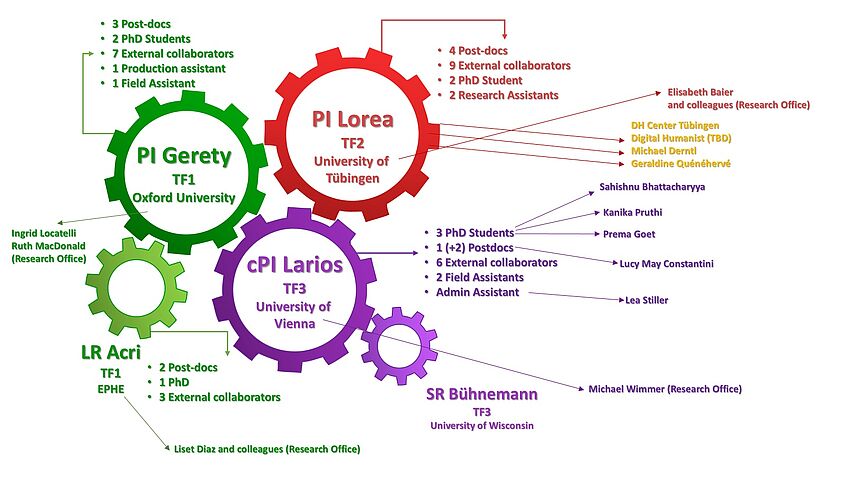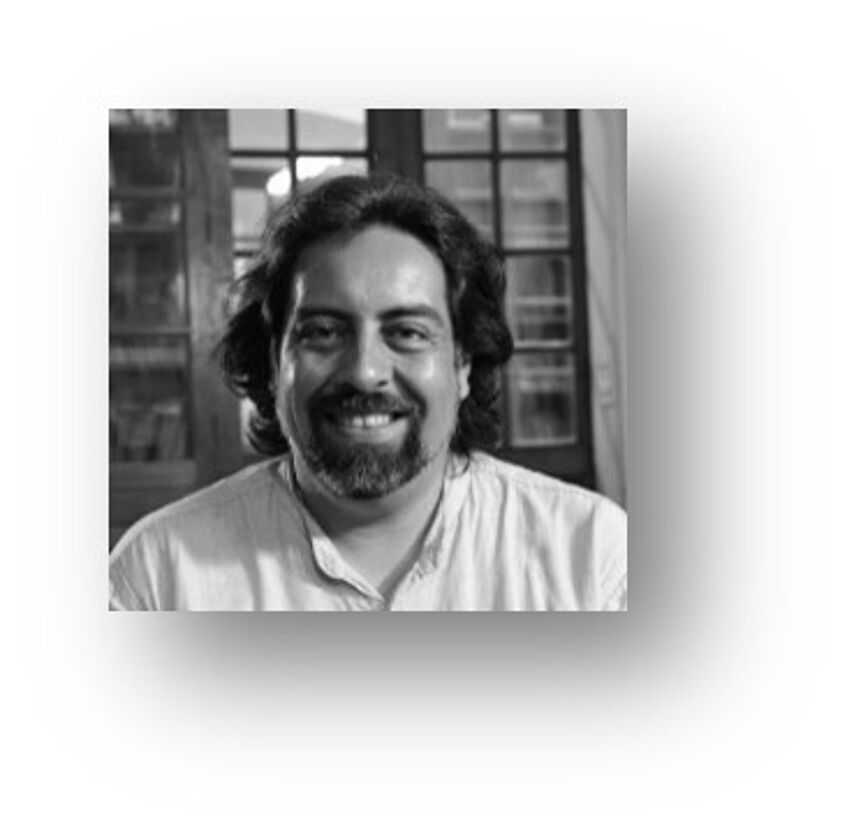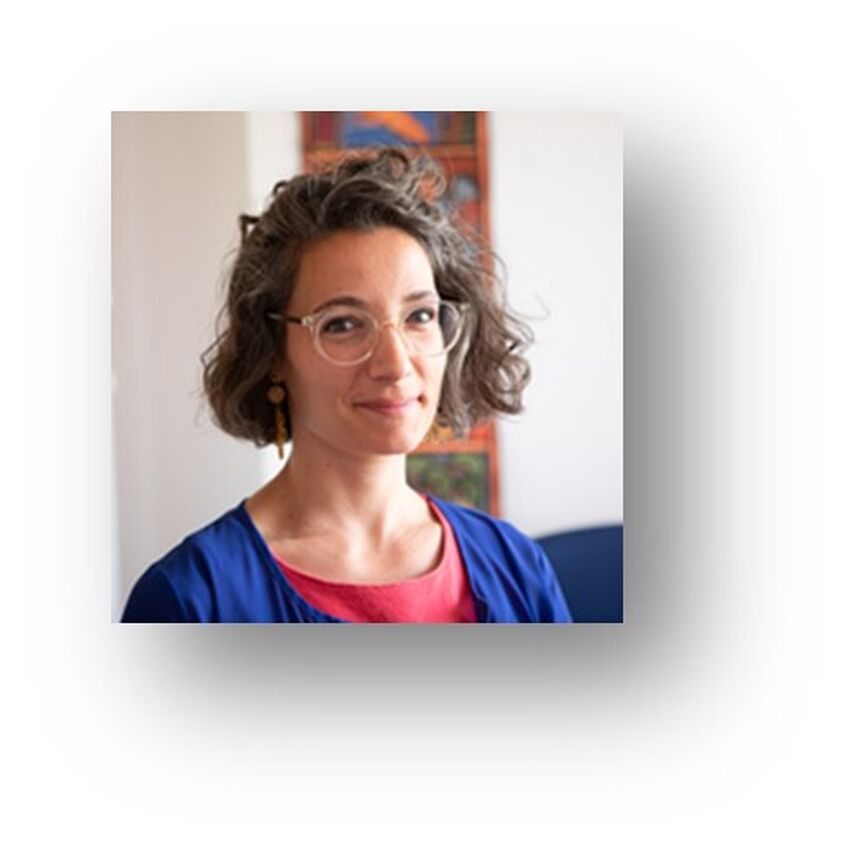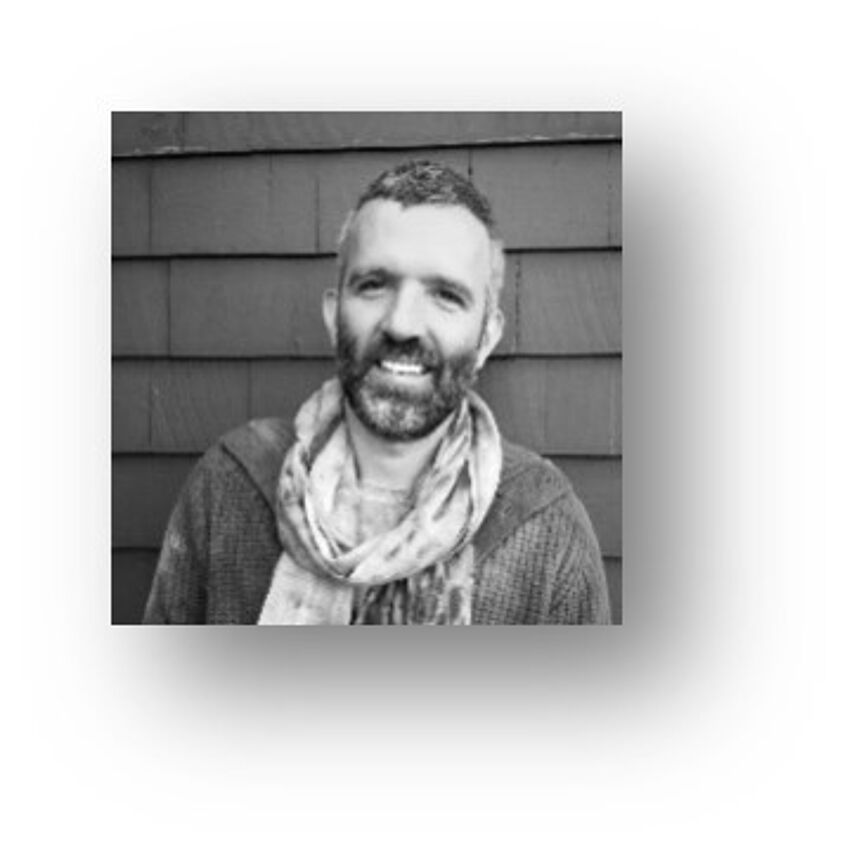Meet the Team
Our team
The MANTRAMS Project is led by a distinguished team of principal investigators:
Additionally, Lead Researcher Andrea Acri from the École Pratique des Hautes Études (EPHE) also leader of his own ERC Consolidator MANTRATANTRAM project (“Monsoon Asia as the Nexus for the Transfer of Tantra along the Maritime routes”) and Senior Researcher Gudrun Bühnemann from the University of Wisconsin-Madison contribute their extensive expertise. Together, they aim to bridge gaps in understanding the complex phenomenon of mantras. In addition, an international team of collaborators based across the globe will contribute to the project’s interdisciplinary approach, providing diverse perspectives and insights into the global, historical, and cultural dimensions of mantras. This collaborative effort will enhance the project’s ability to produce a comprehensive and nuanced analysis of mantras, fostering a deeper understanding of their significance across different contexts and media.
University of Vienna - Task Force 3
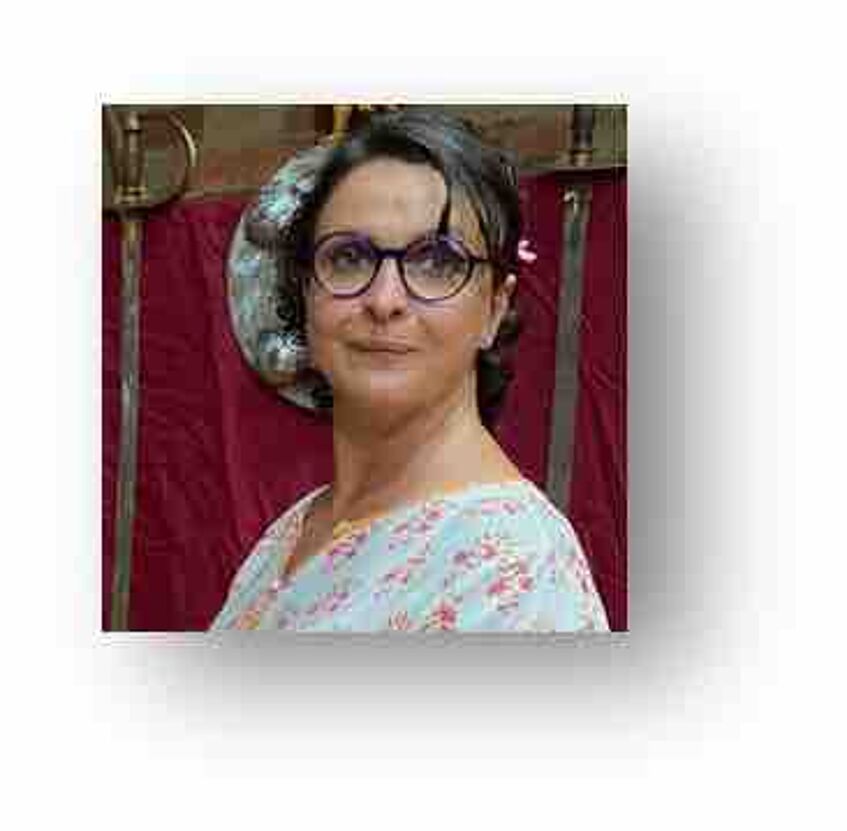
Lucy May Constantini joins MANTRAMS as a postdoctoral researcher, bringing a rich interdisciplinary background in ethnography, performance studies, and philology, with a regional specialization in Kerala, South India. She recently completed her PhD at The Open University, where her research focused on kaḷarippayaṟṟ ̆ , a South Indian martial art, exploring its embodied practices, ritual contexts, and material culture. Lucy’s work combines somatic methodologies, ethnography, and philological analysis, offering a fresh perspective on the transmission of traditional knowledge through embodied and sensory experiences.
As part of MANTRAMS, Lucy will investigate the materiality of mantra practices in Kerala, focusing on the interplay between aural, somatic, and visual senses in the transmission of mantras. Her research explores how mantras, as embodied processes, maintain or transgress social and cosmic hierarchies, and how they are expressed through various material objects and practices, from sacred amulets to ritual performances. Drawing on her extensive fieldwork experience, Lucy will focus on two key case studies: the use of mantras in kaḷarippayaṟṟ ̆ and its rituals, and the role of astrologers in prescribing mantric remedies in contemporary Kerala.
Lucy’s previous research on kaḷarippayaṟṟ ̆ and her established connections with local communities and scholars in Kerala, including the CVN Kalari Sangham and and other kaḷarippayaṟṟ˘traditions, make her uniquely qualified to contribute to the materiality strand of the project. Her work will offer insights into how mantras are entextualized in the body, transmitted through objects, and how they serve as instruments in both popular Hindu practices and ritual healing.
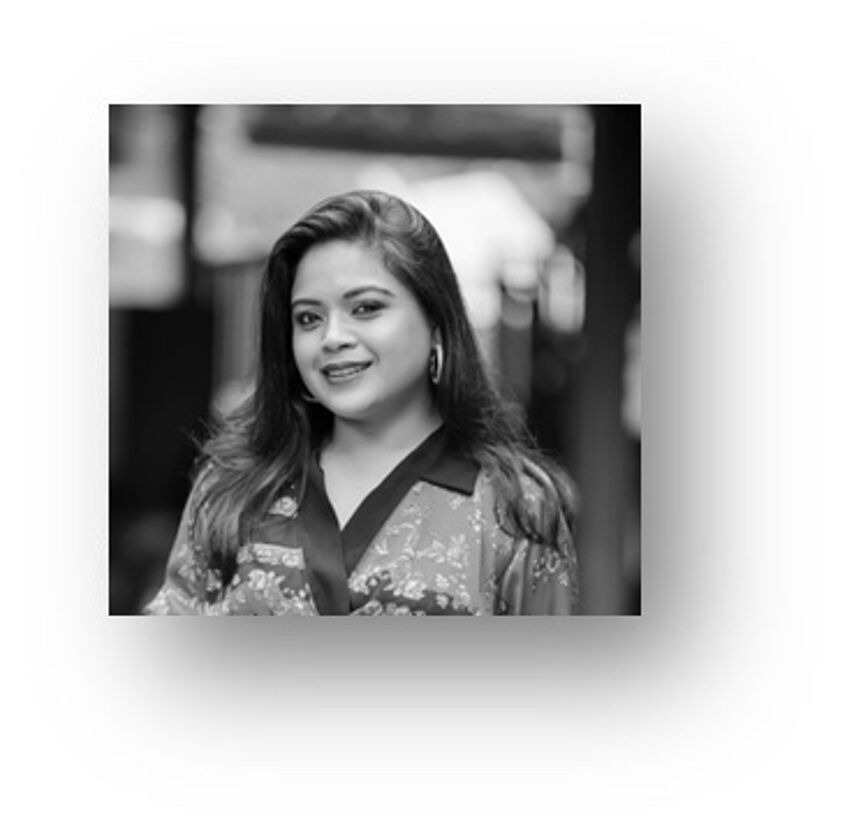
Kanika Pruthi joins MANTRAMS as a predoctoral researcher, bringing extensive experience in art history, project management, and cultural research. She holds a Master’s degree in Art History from the National Museum Institute in New Delhi and a Graduate Diploma in Art Business from Sotheby’s Institute of Art in New York. Her professional journey encompasses various roles in the art and culture sector, including research, archiving, curatorial development and project management, with a specialization in South Asian art and cultural practices. She has worked with public and private museums and collections and heritage focused projects, to create and manage archives, exhibitions and public outreach programs.
Kanika’s research for MANTRAMS focuses on the figure of Hanumān in North India in the 21st century. The project investigates the steadily increasing popularity of Hanumān through a study of Hanumān śabar mantras, religious material culture—including talismanic ritual objects—and popular religious paraphernalia such as chapbooks, patākās (ritual mantra paintings), stickers, etc., as well as Hanumān’s presence in the digital sphere. The materiality of Hanumān mantras comprises a plethora of object types that exhibit a wide array of symbols and visual languages across North India. With the growing reach of digital technologies, digital devotion is reproducing this materiality in distinctive ways. The core focus of her research is the 21st-century Hanumān-lok—a multiverse shaped by devotional practices (bhakti) and traditions centered on divine power or energy (śakti), in which Hanumān is continually invoked, visualized, and mobilized. She explores this phenomenon through visual studies and digital anthropology.
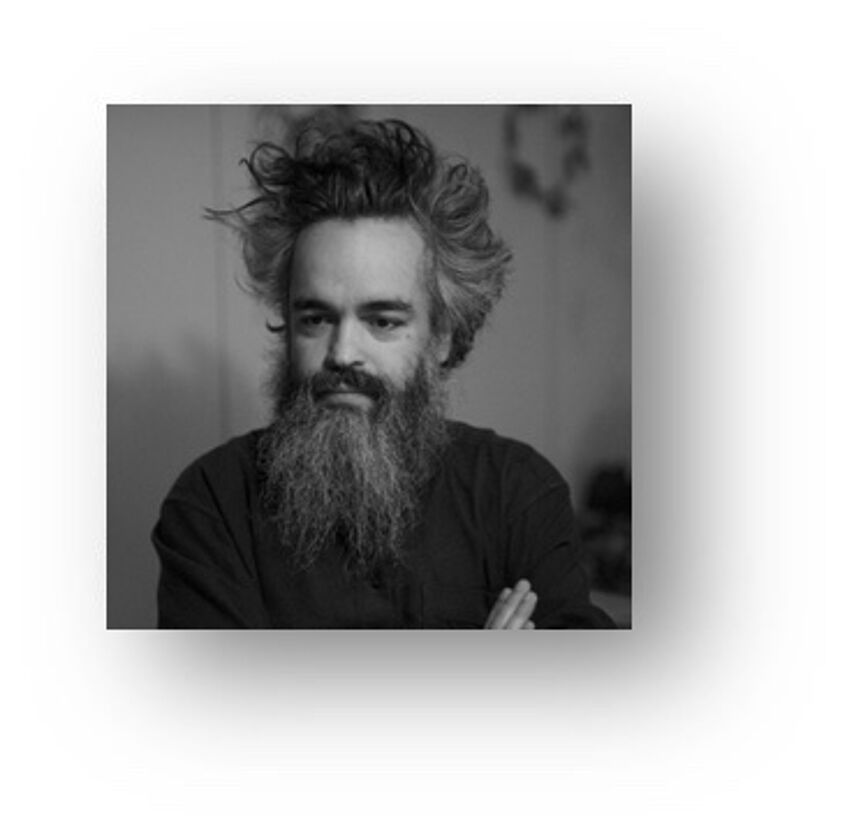
Prema Goet joins MANTRAMS as a predoctoral researcher, bringing a wealth of interdisciplinary expertise in South Asian Studies. He holds a Master’s degree in Traditions of Yoga and Meditation from the School of Oriental and African Studies (SOAS), University of London, where his thesis explored the themes of reality and magic in the Bhāgavata Purāṇa. Prema also holds a Bachelor of Arts in South Asian Studies and Sanskrit from SOAS, with a year of study in Pune, India. He has also engaged with these topics in relation to film, photography and media as well as in archival and curatorial work.
Prema Goet's research project, The Materiality of Mantra Technologies: Rethinking the Entextualized Body, examines the role of mantra practices and material culture across various forms within popular and Tantric-influenced ritual practices among contemporary Vaiṣṇava and Śākta practitioners in West Bengal and the Kathmandu Valley. Goet explores this topic through ethnographic research, textual studies, and cognitive theories on sensory and emotional experiences related to religion, self, and community. The project draws on the concept of the "Tantric body" being formed through a process of "entextualization" (Flood, 2006), where the practitioner's body is inscribed by the symbolic order of tradition and its core texts, transforming the body into a representation of that tradition. Goet aims to challenge conventional understandings of "text" and "body" by highlighting the broader material and sensory dimensions that shape affective experiences and meaning-making practices. A key part of his contribution to the MANTRAMS project is creating material for the audiovisual database, which will serve as a valuable resource for future research in the field of mantra studies.
Prema's extensive fieldwork experience in India and Nepal, along with his language proficiency in Sanskrit and Hindi will significantly enrich his contributions to the project.
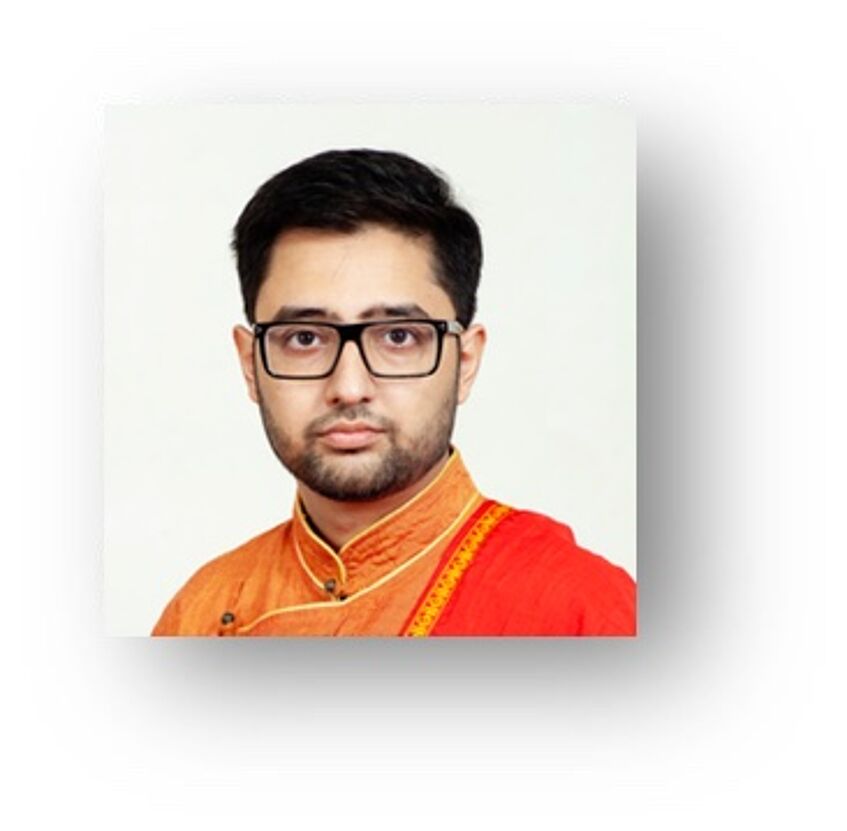
Acharya Shri Sahon “Sahishnu” Bhattacharyya joins MANTRAMS as a predoctoral researcher, bringing a rich interdisciplinary background in cognitive science, philosophy, and anthropology. He holds a Master of Science in Cognitive Science (Philosophy and Neuroscience) from the University of Osnabrück, Germany, and a Bachelor of Science in Computer Science from the University of Calcutta, India. He is traditionally trained in Hindu ritual as a purohita (priest) and is also a sadhaka (practitioner) of eastern Indian tantra traditions.
Sahishnu’s research for MANTRAMS will focus on the material dimensions of mantras in contemporary South Asian religious practices. His project aims to study how mantras are inscribed, produced, and used across various material mediums in everyday religious life. By combining ethnographic fieldwork, material observation, and comparative analysis, his research will explore mantras beyond their traditional oral and aural roles, examining their visible and tangible presence in everyday contexts.
Guiding this inquiry are questions about how mantras shape social, spatial, and political dynamics—such as their role in reinforcing affective and territorial belonging, contributing to social cohesion, and interacting with political actors. Sahishnu’s work also emphasizes the reflexive nature of his position as a Hindu scholar-practitioner and ritualist, which provides a unique lens to enrich the research through embodied ritual experience.
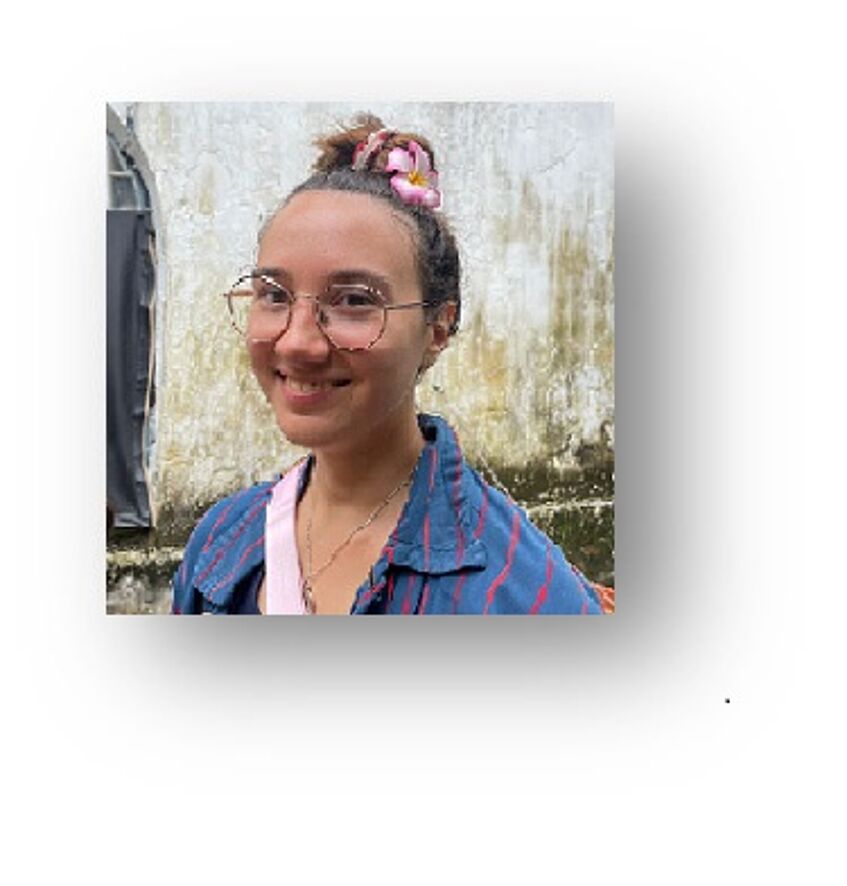
Lea Stiller supports the MANTRAMS team in Vienna with project administration and management, helping to coordinate research activities, events, and deliverables. She plays a key role in organizing workshops, managing budgets, preparing reports, and assisting with outreach efforts. As a Master’s student in the Languages and Cultures of South Asia program, Lea's academic interest lies in the intersection of mantra and yoga. She combines her administrative expertise with a deep passion for the project’s themes, contributing to its success on both practical and intellectual levels.
